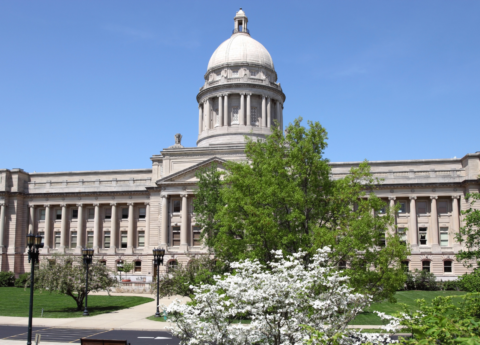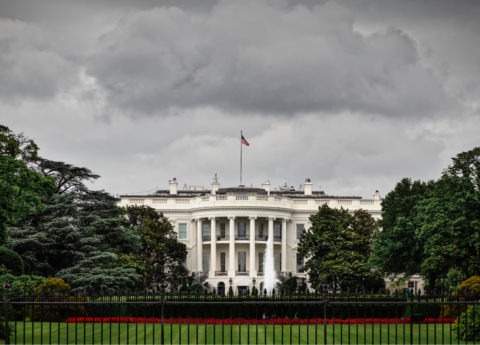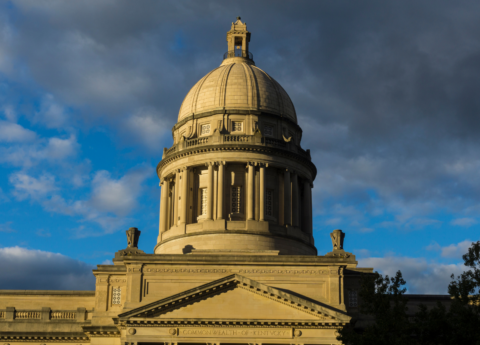The Kentucky General Assembly may consider resolutions (versions introduced as HJR 54, HCR 13 and SCR 143) that are part of a well-funded national effort calling for a new convention to rewrite the rules of American government — an idea that could create chaos and jeopardize the U.S. Constitution.
Since the founding of the country, the constitution has been amended 27 times. Each time, Congress passed amendments and then the states ratified them. But Article V of the constitution allows a second method: states can call for a new convention like the one that created the original constitution. If 34 states issue such a call, Congress must form one.
Proponents now claim 29 of the necessary 34 states have live applications calling for a constitutional convention, with Wyoming joining the list very recently. Thirteen of those states have passed resolutions just since 2010, and several are debating the issue this year. Organizers could reach the threshold of 34 states in 2017, especially if Kentucky joins the list. That’s why we’re one of the states they are targeting.
A convention could lead to extreme, wide-reaching and unpredictable changes to the U.S. Constitution and Bill of Rights.
A constitutional convention cannot be controlled
Although some proponents claim the agenda of a constitutional convention could be controlled, experts say conventioneers would have the power to alter anything and everything about the United States government — just as they did in the original 1787 constitutional convention when they threw out the Articles of Confederation and started over.
A convention would likely open up the Constitution to whatever amendments its delegates chose to put forward, regardless of whether the convention is originally called to address a particular issue. Delegates to the 1787 convention ignored their state legislatures’ instructions. There are no safeguards to prevent a runaway convention that could lead to harmful changes to our founding document, as the Constitution itself puts no authority above a convention — including the courts.
As former Chief Justice Warren Burger said:
“[T]here is no way to effectively limit or muzzle the actions of a Constitutional Convention. The Convention could make its own rules and set its own agenda. Congress might try to limit the convention to one amendment or one issue, but there is no way to assure that the Convention would obey.”
The late Supreme Court Justice Antonin Scalia agreed, stating “I certainly would not want a constitutional convention. Whoa! Who knows what would come of it?”
Powerful interests are likely to be first in line to wield influence on who gets selected as delegates to a convention and what agenda gets considered. That’s why one of the big proponents of an Article V convention is the American Legislative Exchange Council (ALEC), the powerful corporate lobby group. There are no laws limiting dollars spent to influence delegates to a convention.
We also can’t depend on the state ratification process for amendments to protect the Constitution from radical changes (Article V says amendments coming out of a convention shall be approved by three-fourths of the states). A convention could create a different method of ratification, such as a national referendum. The convention that crafted the U.S. Constitution ignored the ratification procedures under which it was established and created entirely new procedures.
Protecting U.S. Constitution requires rejecting proposal
Especially with a country so divided, and with power and influence concentrated among special interests, now is not the time to reopen the U.S. constitution for potentially wide-ranging revision. The risks for the nation are very high.
Updated March 3, 2017 with the addition of Wyoming to states that have passed a resolution.



